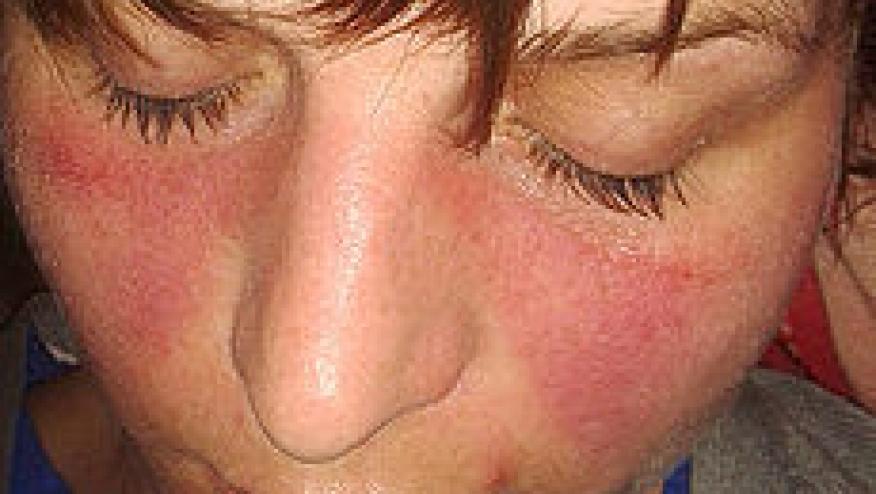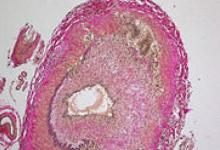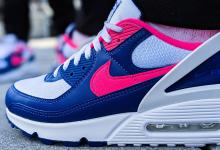Presenting Features of Early SLE Save

What clinical features best identify early systemic lupus erythematosus (SLE) patients from mimics? A multicenter, multinational study aimed to evaluate manifestations at disease onset and to compare early SLE manifestations to those of diseases mimicking SLE.
Baseline, presenting data from academic lupus centers in Asia, Europe, North America, and South America on patients presenting for possible SLE with a symptom duration of <1 year. The diagnosis of SLE was based on the 1997 American College of Rheumatology (ACR) SLE classification criteria and the 2012 Systemic Lupus International Collaborating Clinics (SLICC) SLE classification criteria.
A cohort comparison of 389 patients with early SLE and 227 patients with SLE‐mimics demonstrated the following features that distinguished SLE from other conditions.
| SLE | Mimics | p value | |
| Unexplained Fever | 34.5% | 13.7% | <0.001 |
| Raynauds | 22.1% | 48.5% | <0.001 |
| Sicca Sx | 4.4% | 34.4% | <0.001 |
| Dysphagia | 0.3% | 6.2% | <0.001 |
| Fatigue | 28.3% | 37% | 0.024 |
While unexplained fever better identified early SLE, the presence of Raynauds, Sicca complex, dysphagia and fatigue were more apt to indication an SLE‐mimicking condition.
Lupus criteria features were affirmed as reliable distinguishing features, including malar rash (50% vs 6%), photosensitivity (32% vs 19%), oral ulcers (22% vs 5%), alopecia (31% vs 12%), pleuritis ( 22% vs 3%), etc.
Similarly, double‐stranded DNA and anti–β2‐glycoprotein I antibodies, positive Coombs’ test results, autoimmune hemolytic anemia, hypocomplementemia, and leukopenia were more common in early SLE than in SLE‐mimicking conditions.
. Fewer patients with early SLE were not identified as having early SLE with use of the SLICC criteria compared to the ACR criteria (16.5% versus 33.9%), but the ACR criteria demonstrated higher specificity than the SLICC criteria (91.6% versus 82.4%).
This cohort study affirms the clinical manifestations that help distinguish early SLE from SLE‐mimicking conditions.










If you are a health practitioner, you may Login/Register to comment.
Due to the nature of these comment forums, only health practitioners are allowed to comment at this time.